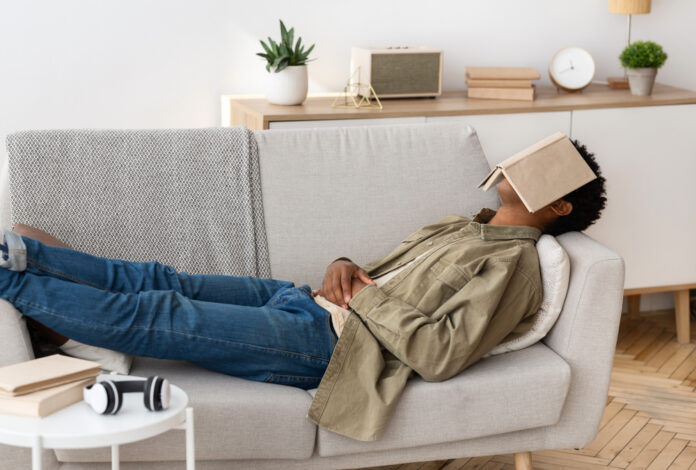
There is much debate about whether taking naps is a good thing or a bad thing. Some studies have shown that daily naps enhance employee productivity. Others have found that taking long naps can make you more prone to chronic illnesses.
Let’s take a look at the pros and cons of napping so you can decide for yourself if the extra sleep is worth it.
Pros of napping
There are a number of benefits to taking naps, and some situations where it is appropriate.
If you did not sleep well or sleep enough the night before, taking a nap during the day can help you feel refreshed. However, if you regularly have sleep quality or quantity problems, you will accrue sleep debt, and daytime naps will likely not be enough to make up for the sleep you need.
Younger people benefit from taking short naps in the afternoon, which can help them do better in school. For adults, naps improve job and physical performance.
Studies have shown that short naps can lower your blood pressure if you have hypertension.
If you regularly do not get enough sleep, you may not even notice the signs of being sleep deprived anymore. This can make you more likely to make bad judgment calls or to get into accidents while driving your car or operating heavy machinery such as a forklift. For this reason, it is very important that you pay attention to any feelings of fatigue or if you notice you are clumsy or distracted. If you can, resolve your sleep deprivation with a nap before driving your car or using heavy equipment.
Periods of stress can lead to fatigue, mood swings, and pain. Taking a nap can improve your mood, relieve some of your stress, and help your body reduce inflammation.
Cons of napping
Although napping has its benefits, you should avoid naps if you have certain health conditions.
If you have insomnia, naps may be contributing to the difficulty you face when trying to fall asleep – especially if you take long naps or nap in the late afternoon.
If you have obstructive sleep apnea or another sleep issue that is not adequately treated, taking naps will not help you recover from daytime sluggishness.
If you have diabetes or are at risk of developing diabetes, you should not take naps longer than an hour. Research has shown that taking long naps can increase your risk of type 2 diabetes.
If you are not sure why you get sleepy during the day, schedule an appointment with your doctor. Daytime sleepiness can be caused by depression, mood disorders such as bipolar disorder, prescription medications, undiagnosed sleep disorders, and underlying medical conditions.


















